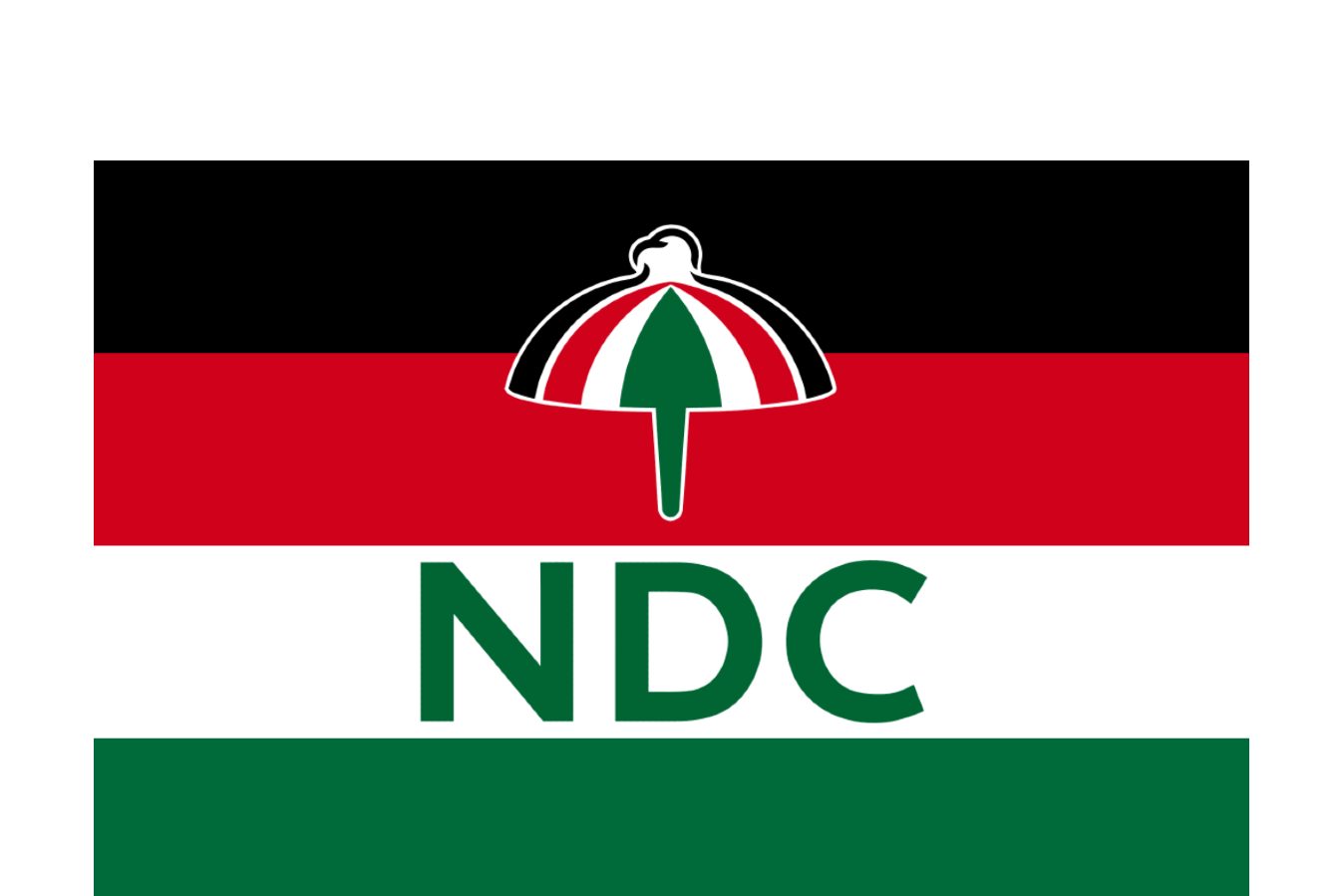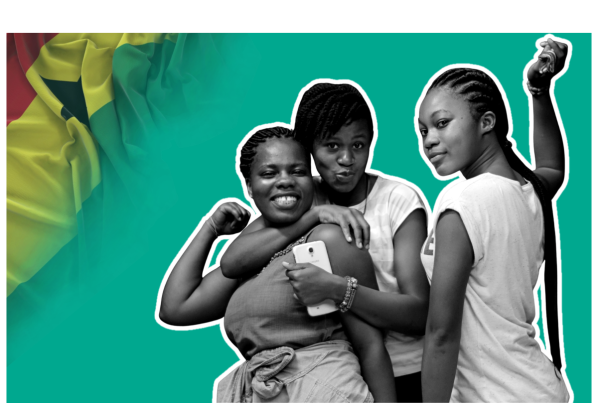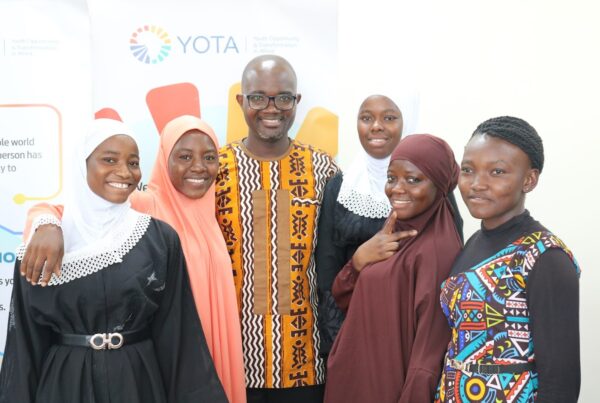
By Emmanuel Edudzie
Executive Director, YOTA
With Ghana’s youth constituting the majority of voters, their needs, aspirations, and challenges are pivotal in shaping the electoral strategies of political parties. As the National Democratic Congress (NDC) seeks to return to power, its manifesto and youth-specific commitments provide insights into how well the party addresses the youth’s pressing concerns. This analysis critically evaluates the responsiveness of the NDC’s proposals to the needs of Ghana’s youth.
- Employment and Economic Empowerment
The NDC manifesto places significant emphasis on job creation, with flagship initiatives like the 24-Hour Economy Policy, which proposes three shifts of eight hours each to enhance productivity and generate employment. Specific youth-targeted programmes include:
- Digital Jobs Initiative: A $3 billion investment in digital skills, including a “One Million Coders Programme” to train young people in software engineering, WebApp development, and more;
- National Apprenticeship Programme: Offers free technical and vocational training, certification, and startup capital for self-employment; and
- Adwumawura Programme: Aims to facilitate the creation of 10,000 youth-led businesses annually.
These initiatives align with the youth’s demand for sustainable and decent jobs. However, challenges such as access to resources, implementation timelines, and equitable distribution across rural and urban areas require further clarification.
- Education and Skills Development
Education features prominently in the NDC’s manifesto, with commitments to:
- Abolish the double-track system and improve Free SHS,
- Establish regional TVET Centres of Excellence to promote skills-based education;
- Implement a “No Academic Fee” policy for first-year students in tertiary institutions; and
- Provide free tertiary education for Persons with Disabilities (PWDs) and reintroduce scholarship programmes.
The emphasis on Technical and Vocational Education and Training (TVET), Science, Technology, Engineering, and Mathematics (STEM), and regional TVET centres reflects the growing demand for practical skills in a rapidly evolving job market. However, ensuring inclusivity for marginalised youth, particularly those in underserved communities, remains critical.
- Digital Economy and Innovation
The manifesto showcases a strong commitment to leveraging technology for youth empowerment. The Digital Jobs Initiative, complemented by investments in regional digital centres and ICT parks, positions Ghana as a potential digital hub. Establishing a $50 million FinTech Growth Fund further signals the party’s intention to support youth-led startups in the tech space.
While these initiatives are forward-looking, they hinge on affordable internet access, widespread digital literacy, and infrastructure expansion, particularly in rural areas.
- Entrepreneurship and Startups
The manifesto emphasises entrepreneurship as a tool for economic empowerment:
- Launching the Women’s Development Bank to support women-led enterprises;
- Expanding access to credit through the National Employment Trust to de-risk youth ventures; and
- Promoting agro-industrialisation through strategic investments in agribusiness and food processing.
The focus on youth entrepreneurship resonates with the aspirations of many young Ghanaians. However, clear criteria for accessing these funds and ensuring transparency in disbursement are essential for these initiatives’ success.
- Governance and Political Participation
The NDC pledges to create pathways for youth involvement in governance through:
- Creating a dedicated Ministry of Youth; and
- Promoting transparency and decentralisation in public administration.
However, while these commitments highlight a willingness to involve youth in decision-making, they fall short of specifying actionable measures to increase youth representation in leadership roles or electoral participation.
- Social Inclusion and Equity
Social protection measures proposed by the NDC include:
- Free sanitary pads for female students in basic and secondary schools;
- Expanding access to education and financial support for marginalised groups, including Kayayei (head porters) and PWDs; and
- Establishing regional shelters for victims of gender-based violence.
These policies address critical social issues affecting young women and vulnerable youth. However, their effectiveness depends on proper funding, robust implementation mechanisms, and collaboration with local stakeholders.
- Sports, Creative Arts, and Tourism
The manifesto outlines plans to revitalise the sports and creative arts industries:
- Upgrading sports infrastructure and supporting grassroots talent development;
- Establishing the Creative Arts Fund to provide financial support for startups in the arts; and
- Promoting cultural tourism through initiatives like “The Black Star Experience.”
These policies reflect the NDC’s recognition of the creative potential and passion of Ghana’s youth. However, equitable distribution of these benefits across the country will be critical for ensuring nationwide youth participation.
- Environmental Sustainability
The NDC proposes initiatives to involve youth in addressing climate change and environmental degradation:
- Implementing the “Tree for Life” reforestation policy; and
- Supporting green technology startups through entrepreneurship programmes.
These efforts align with the global push for sustainability and present opportunities for youth engagement in green jobs. However, integrating climate education and capacity-building initiatives will be crucial for long-term impact.
Strengths of the Manifesto
- Youth-Centric Programmes: The manifesto reflects an understanding of youth priorities, focusing on employment, education, and digital innovation.
- Inclusivity: Commitments to PWDs, marginalised youth, and gender equity show a focus on social inclusion.
- Comprehensive Approach: The integration of job creation, education, social protection, and innovation offers a holistic strategy for youth empowerment.
Areas for Improvement
- Implementation Details: The manifesto often lacks clarity on timelines, budgets, and monitoring frameworks.
- Rural-Urban Divide: Ensuring equitable access to resources and opportunities for rural youth is underexplored.
- Youth Leadership: Specific measures to enhance youth participation in governance and decision-making are limited.
Conclusion
The NDC’s manifesto demonstrates a strong commitment to addressing the needs of Ghana’s youth, with ambitious policies spanning employment, education, entrepreneurship, and social inclusion. While the proposals are promising, their success depends on transparent implementation, equitable resource allocation, and robust monitoring.
As Ghana’s youth prepare to vote on 7 December, this manifesto offers a substantive basis for evaluating the NDC’s vision for their future. However, the youth must critically assess the practicality and feasibility of these commitments to ensure they align with their aspirations for a prosperous and inclusive Ghana.







